Lead generation software & tools
Attract more qualified leads to your business with lead generation software.
A guide to the best lead generation software
Last updated March 14, 2024
Prospecting for sales manually is time consuming, stealing hours away from other sales activities that could drive profits. Lead generation software – or lead gen software – automates and refines the prospecting process. It allows your marketing team to create campaigns that bring in higher-quality leads.
In this comprehensive guide, we’ll answer your burning questions surrounding lead generation software and how it works. With this information, you’ll gain a deeper understanding of how lead generation software can boost your productivity and profits. And which lead generation software can get you there the fastest. If you feel like skipping around the page, you can do so by clicking through the table of contents below.
- What is a lead generation system?
- What are the features of lead generation software?
- What are the benefits?
- What types of lead generation are there?
- Top 19 lead generation software tools
- How to select the best tool for your business?
- FAQs
- Try lead gen software for free
What is a lead generation system?
Lead generation software is a time-saving marketing and sales app that lets you automatically generate more leads and route them to the proper team. It helps you increase brand awareness, attract more qualified leads and close more sales deals.
Lead generation focuses on the top of the sales funnel, typically pulling leads from online channels like email, social media and landing pages. From these channels, it collects contact information from people who have expressed interest in your product or service.
So you can market to them with better insight. More targeted marketing tactics mean more qualified leads, which ultimately translates to more profitable deals.
Is lead generation a marketing tool or a sales tool?
In some ways, it’s both. It’s the marketing department’s job to create materials that target your ideal customer and attract leads. From there, sales takes over to nurture the lead until the deal is closed. Lead generation programmes refine the lead-finding process with both sales and marketing in mind. Often, a lead generation system is a feature of a larger platform, like a CRM. That gives both teams even more useful tools for streamlining productivity and boosting profits.
Why do you need lead generation software?
Competing for consumer attention requires constant effort. But even the most dedicated teams can find it tough to identify and engage with the right customers. Every day, businesses change addresses and phone numbers, contacts leave organisations and new companies are started.
Lead gen software helps minimise the time your company spends tracking down leads. All by automatically updating contact information. That means you won’t find yourself working with outdated data.
A lead generation system not only helps you find customers, it gives you the tools to find the right ones. The highest value customers are ones who:
- Are genuinely interested in your product or service
- Have the money to invest in your product or service
- Have a problem that you can solve
Lead generation software is highly advantageous because it attracts leads who generate the most profit while requiring you to expend minimal effort. It narrows your sales team’s focus to the customers who are most likely to buy your product or service. That minimises time wasted on cold leads and helps you develop a stronger customer base.
How does a lead generation platform work?
Lead generation isn’t a one-size-fits-all approach. Depending on if you’re a B2B or B2C business, you’ll use lead generation programmes differently. Some lead generation tools are meant to increase customer engagement, while others help you streamline the sales call process.
But no matter which approach is best for your business, the idea is the same. Get your name out to customer leads and attract them to your door before they go to the competition.
Lead generation can include a lot of different tools, but here are some of the most popular ones:
- Content creation tools: Some lead generation platforms offer templates for creating content like blogs, whitepapers, infographics and ebooks. Sharing this kind of content on your website and across social media channels boosts engagement. And it establishes you as a knowledgeable source in your industry. You can also require viewers to submit contact information before accessing long form content like ebooks or instructional videos.
- Lead nurturing tools: Once someone enters your pipeline, it’s vital to keep the engagement going to turn them into a marketing qualified lead. Lead generation lets you gather enough information to target your contacts with personalised messaging via email campaigns or phone calls.
- How to score leads: Lead generation systems can calculate and assign a numerical value to your contacts. The higher the score, the more likely that contact is to make a purchase. Leads are scored based on several variables, including industry, website activity and company size. Trying to manually score your leads would be an exhaustive task, which makes it one of lead generation’s most powerful and time-saving tools.
- Lead distribution: Once your programme has identified a high-value lead, their information is automatically passed along. Right to the appropriate sales representative to follow up and continue building the relationship.
- Sales analytics and reporting: The simple act of using lead generation isn’t automatically going to boost profits. You’ll need to look at your analytics and reporting to see what’s working and what isn’t. Putting the effort into checking your analytics and making adjustments to your process may take some time, but it’s a necessary step in ensuring your lead gen software is working for you.
What are the features of lead generation software?
When it comes to shopping for a lead generation system, here are the five key features you should look out for.
Intuitive interface
Even the most powerful software will be ineffective in your hands if you can’t use it. Marketing teams are experts in marketing, not web development. Look for lead generation programmes with an intuitive interface and multiple options for training. Then anyone on your team can use it without suffering technical headaches.
Integrations
You’re probably already using business apps, so any lead generation software you decide on should include integrations. This will allow you to share data between your lead generation system and your CRM, email apps and other business-related platforms you’re currently using.
Integrating your lead generation software with your other platforms eliminates the need to constantly switch browsers. Or double-check your data between platforms to make sure it’s accurate.
Analytics
Having accurate and up-to-date data is vital to strategising better business practice. Any lead generation software you invest in should have a comprehensive analytics and reporting feature. That way you can always have an eye on the numbers. This lets you make data-driven decisions for improvement and identify where you’re falling short of your goals.
Automation
Automation saves huge amounts of time by responding to leads, analysing data and prioritising leads. You don’t have to automate every task on your to-do list. But having the option means more control over how your teams are spending their time.
Customer relationship management
In your search for lead gen software, you’ll probably come across CRM tools – customer relationship management. Lead generation is often included as a feature of CRM. Because it all falls under the umbrella of nurturing customers in your sales pipeline and building a loyal customer base.
If you’re worried that CRM sounds too big for you at the moment, don’t be. CRM for small businesses is specifically designed to scale with you. While still providing all the benefits of lead generation, contact management and sales tracking.
Most CRM platforms will let you add on features as you grow. Meaning you can pick and choose which features you can afford to invest in at any given time.
What are the benefits of using lead generation tools?
Improved customer insight
Your customers aren’t just going to tell you what they’re thinking. You need to ask the right questions and gather the right data to better understand their pain points. And why they are (or aren’t) buying from you.
Lead generation programmes allow you to quickly capture more useful data from your potential customers. With better insight into why people show interest in your product or service in the first place, you can lean into the features that people like the most. The better you understand your customers, the better you can tailor your sales pitch and pipeline to their specific needs.
Better qualified leads
Having more leads isn’t always a good thing. More leads means more work, and if most of your leads are cold or lukewarm, you’ll end up working harder for smaller returns.
Lead generation software uses lead scoring to analyse customer data and identify the ones who are most likely to buy from you. It tracks their engagement, personal information and interactions with your company to determine who’s really worth your time and effort.
Calculating lead value lets you reach out to the best qualified leads faster. While you’re still fresh in their minds. And that sets aside the people who were just browsing.
Refined marketing tactics
With powerful analytics reporting, your team will be able to see exactly which marketing campaigns brought in the highest value leads. With this information, you can continue to build campaigns that resonate with the most qualified leads. Then you’ll attract even more high value customers and minimise time waste with cold leads.
Save time across the board
All of this adds up to time saved. Lead generation provides your sales reps with the most relevant customer information so they don’t have to spend hours researching leads. Furthermore, your sales reps will spend less time chasing after cold leads. That means more time following up on the ones who have already ticked off multiple boxes.
Fishing in murky waters isn’t a good use of your time. Guesswork drains your resources, wasting valuable hours and human effort. Imagine your business is a fishing operation. Using a lead generation system would be like seeing exactly where the biggest fish swim, what they like to eat and when they’re most ready to feast. And that would most certainly put you ahead of the competition.
What types of lead generation are there?
There are two principal types of lead generation software: outbound lead generation and inbound lead generation. Some lead generation programmes will include features for both categories, while others might narrow their focus to just one.
Before committing to a lead generation platform, ask yourself some important questions about how you’re currently finding leads. And how you want to find them in the future. The best approach is to invest in software that includes features for both inbound and outbound lead generation. So you can combine the two approaches for maximum effect.
Outbound lead generation
With outbound lead generation, you initiate contact with people who have little or no knowledge of your company. This involves activities like cold calling, sales prospecting emails, direct mailing and live events.
Outbound lead generation is more typical when it comes to B2B sales. This is because whatever you’re selling is designed to help people make money. That already puts you in a good position to snag their attention.
Outbound lead generation is labour intensive. But it’s a tried-and-tested method of gaining attention from people who otherwise would never hear of your product. It’s also a good way of getting your brand into people’s heads before the competition.
Sometimes the people who need your product or service most aren’t putting themselves in your way, so you have to go to them.
Here are some features you’ll find included in outbound lead generation platforms:
- Sales dialer
- Contact management software
- Pay-per-click advertising
- Sales CRM
- Sales recording
- Templates for sales emails
- Email automation
Inbound lead generation
Inbound lead generation involves creating content and advertising that motivates potential buyers to reach out to you. It’s more popular with B2C industries, where ‘salesy’ tactics can sometimes seem disingenuous or pushy.
Most inbound lead generation activity is digital, which means it tends to be more cost effective. But inbound lead generation involves waiting for people to find you and reach out, which means they might also be reaching out to the competition at the same time.
With inbound lead generation, you’re constructing materials that organically attract leads to you. If you’re looking for software with inbound lead generation tools, keep an eye out for these features:
- Landing page building
- Web forms
- Live chatbots
- Survey forms
- Visitor tracking
- Content creation & delivery
Top 19 lead generation software tools
An internet search of lead generation platforms will reveal a staggering number of results. To narrow it down for you, we’ve compiled a list of some of the best lead generation tools on the market.
-
Zendesk Sell
-
Unbounce
-
LeadPages
-
Pipedrive
-
HubSpot
-
Agile CRM
-
CallPage
-
AeroLeads
-
Vainu
-
LeadFuze
-
LinkeLead
-
LeadsBridge
-
OptinMonster
-
MaxTraffic
-
Sumo
-
LeadBoxer
-
Extole
-
Rollworks
-
RightHello
1. Zendesk Sell
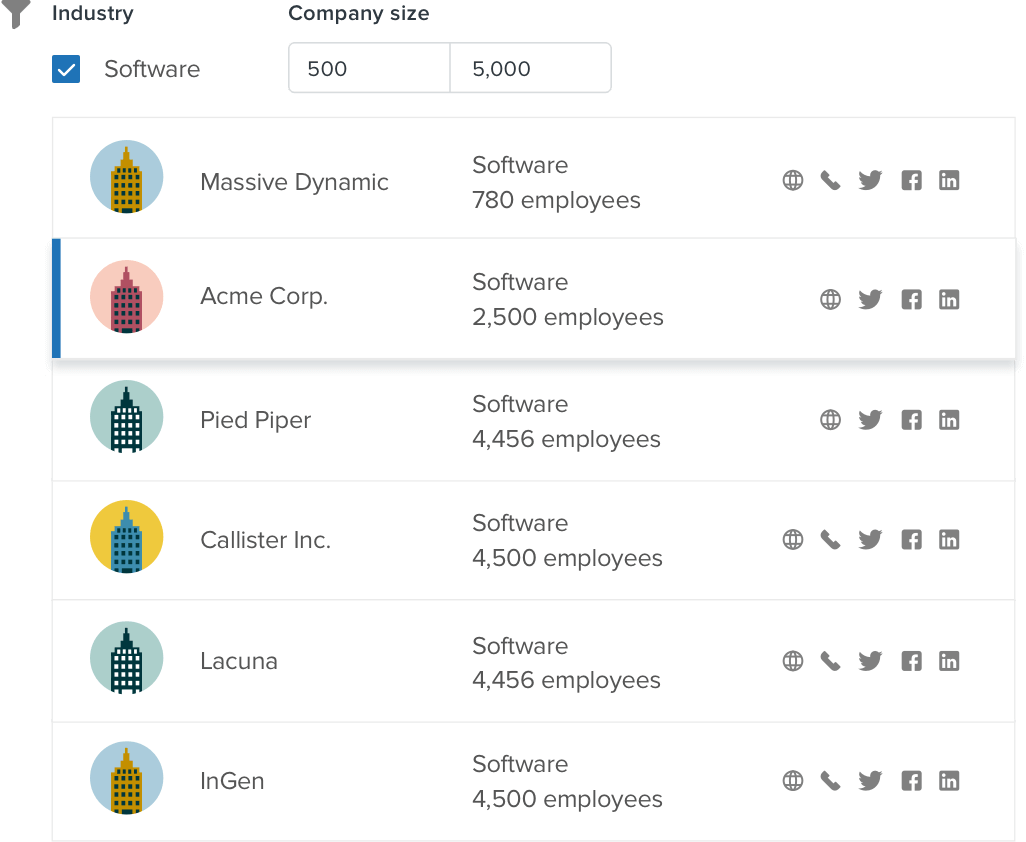
Zendesk Sell offers built-in sales engagement tools including lead gen, prospecting and enrichment solutions. These features let your sales people ditch the tedious tasks and bet back to crushing their quotas. Sell lets you create targeted prospect lists for multiple channels and build customised templates so you can create a surplus of leads and engage contacts with a personalised touch.
Features
- Lead qualification
- Sales pipeline
- Customised templates
- Lead capture
- Lead distribution
2. Unbounce

Unbounce is a lead landing page platform for ecommerce, SaaS and agencies, with features for building landing pages, pop-ups and sticky bars.
Features
- Customisable templates
- Form builder
- Real-time editing
- Reporting/analytics
- SEO management
3. Leadpages
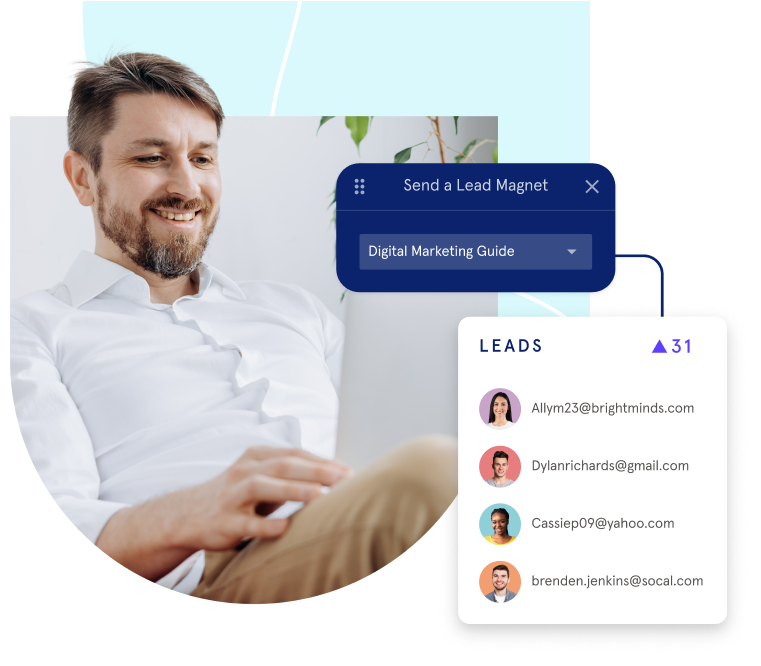
Leadpages is a landing page builder programme for small businesses that hosts features for creating landing pages, pop-ups, alert bars and includes 40+ integrations.
Features
- Form builder
- Prebuilt templates
- SEO management
- AB testing
- Data import/export
4. Pipedrive

Pipedrive is a lead management and CRM platform for sales teams that included pipeline management and code-free development.
Features
- Call recording
- Lead capture
- Content delivery
- Customer segmentation
- Calendar/reminder system
5. HubSpot
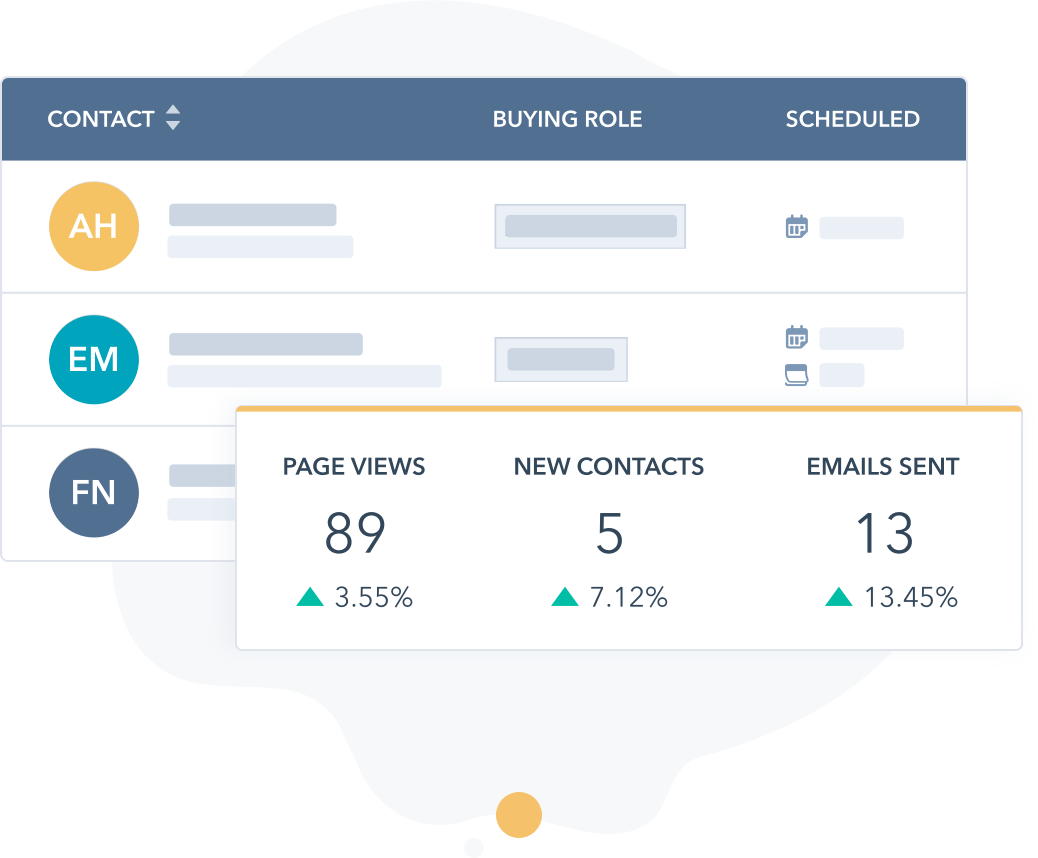
HubSpot is a CRM for growing teams. It offers lead management features as well as contact and campaign management functions.
Features
- Performance metrics
- Pipeline management
- Prospecting tools
- Lead qualification
- Lead nurturing
6. Agile CRM
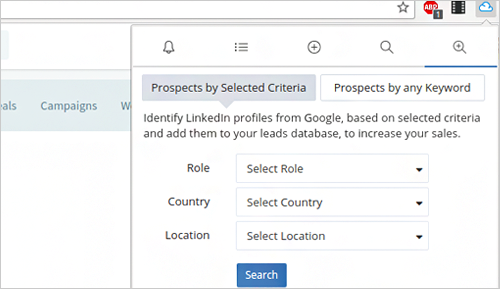
AgileCRM is a customer relations and auto-dialer programme for small to mid-sized sales and marketing teams.
Features
- A/B testing
- Automated routing
- Appointment management
- Blended call centre
- Call logging
7. CallPage
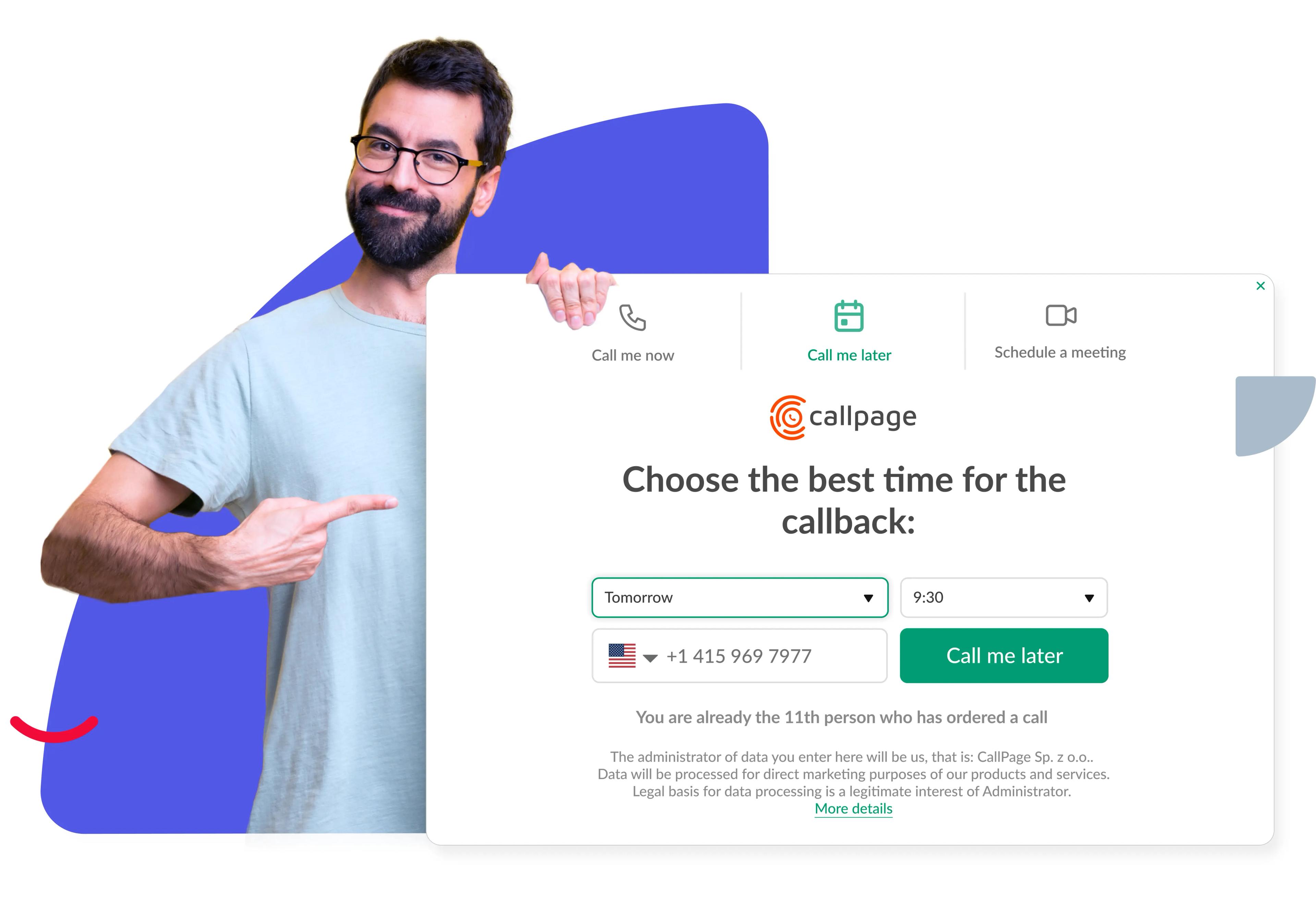
Callpage is a sales call platform for B2B, B2C and ecommerce companies with outbound lead management features including auto-dialer and live chat.
Features
- Lead distribution
- Dashboard
- Call list management
- Contact database
- Lead capture
8. AeroLeads
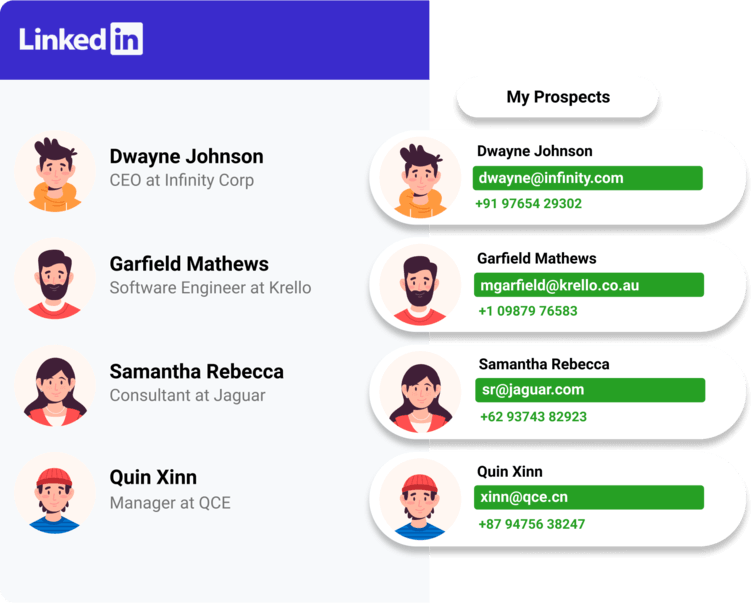
AeroLeads is a prospect generation programme for finding individual and business contact information.
Features
- Pipeline management
- Prospecting tools
- Lead qualification
- Lead capture
- Lead database integration
9. Vainu

Vainu is a European-based lead generation platform with sales intelligence and prospecting tools for businesses across all industries.
Features
- Lead verification/validation
- Pipeline management
- Contact database
- Lead capture
- Data import/export
10. LeadFuze
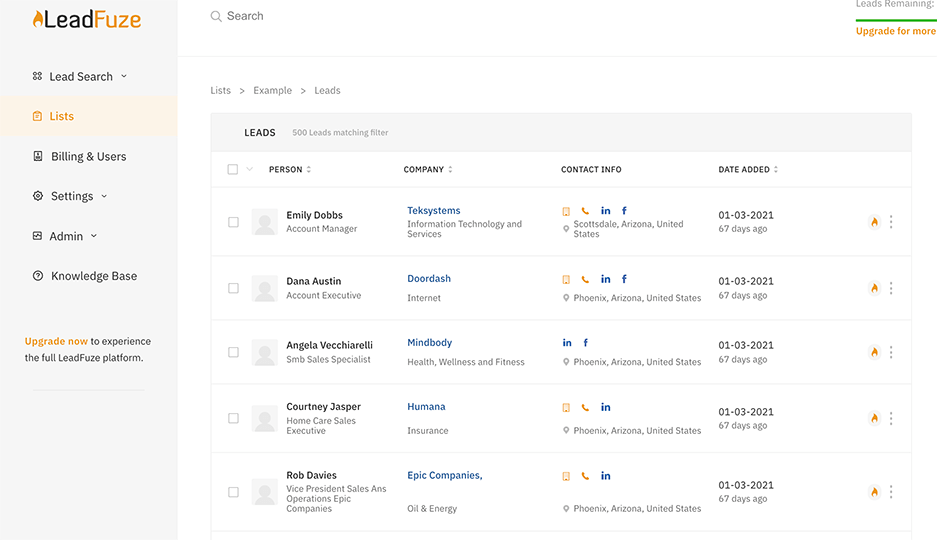
LeadFuze is a contact finder for salespeople, recruiters and marketers, and includes features like lead verification and segmentation.
Features
- Prospecting tools
- Contact database
- Lead distribution
- Lead nurturing
- Lead qualification
11. LinkeLead
LinkeLead is a lead generation platform specifically built to search through LinkedIn Sales Navigator for clients, partners and businesses.
Features
- Contact database
- Data import/export
- Lead nurturing
- Lead segmentation
- Prospecting tools
12. LeadsBridge
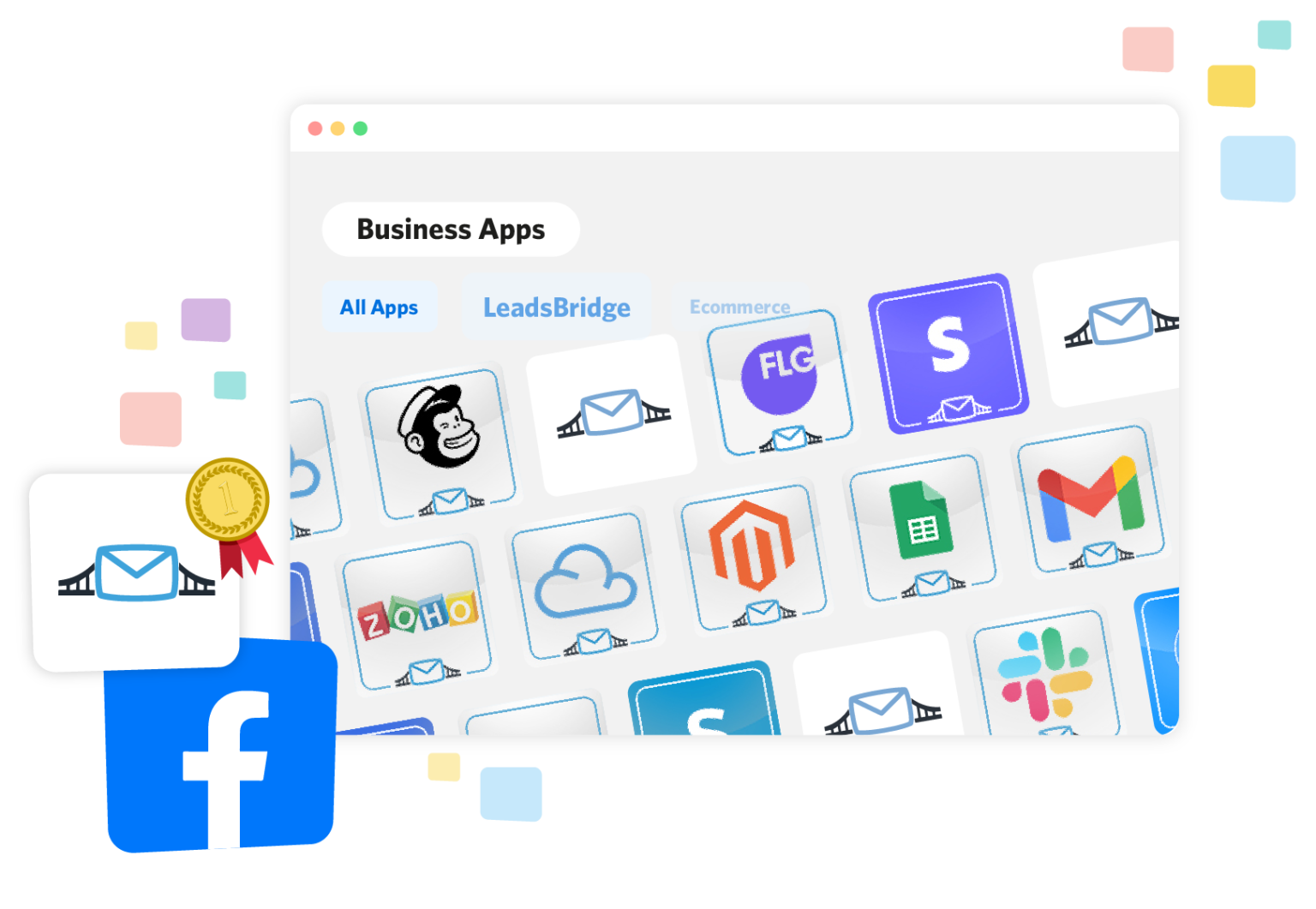
LeadsBridge is a lead generation programme for advertising agencies, retailers, financial services and property businesses. It includes social media marketing tools and offers 350+ integrations.
Features
- Lead capture
- Lead nurturing
- Data import/export
- Lead management
- Lead segmentation
13. OptinMonster
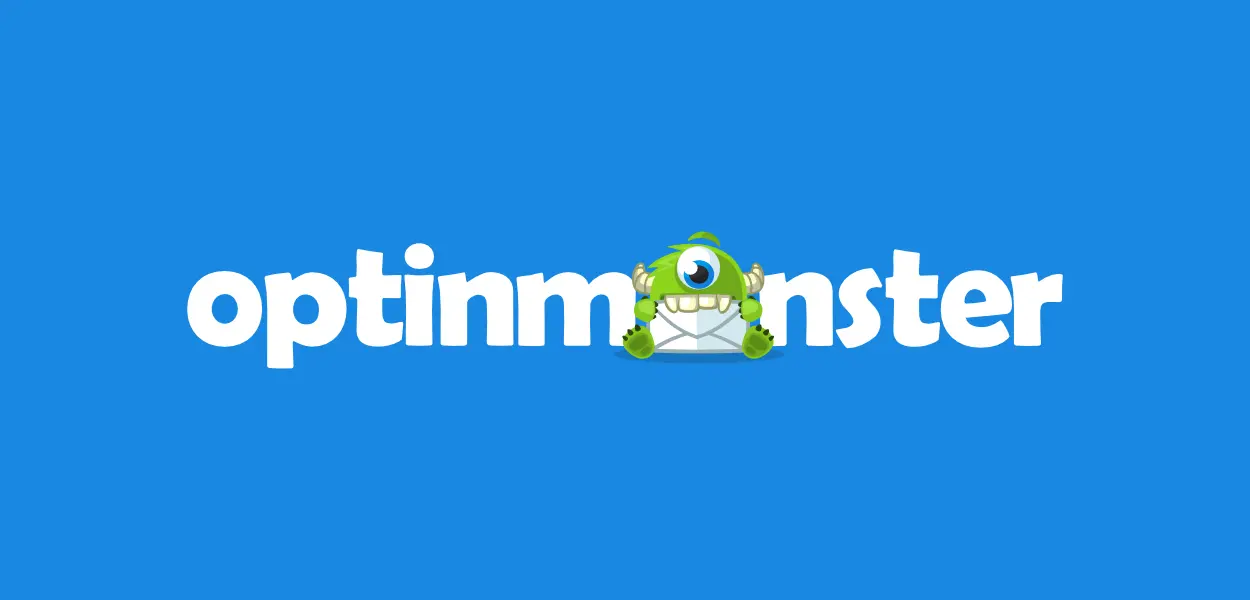
OptinMonster is a lead generation tool for small businesses, bloggers, marketing agencies and ecommerce websites.
Features
- Prospecting tools
- Lead capture
- Lead segmentation
- Email integration
14. MaxTraffic
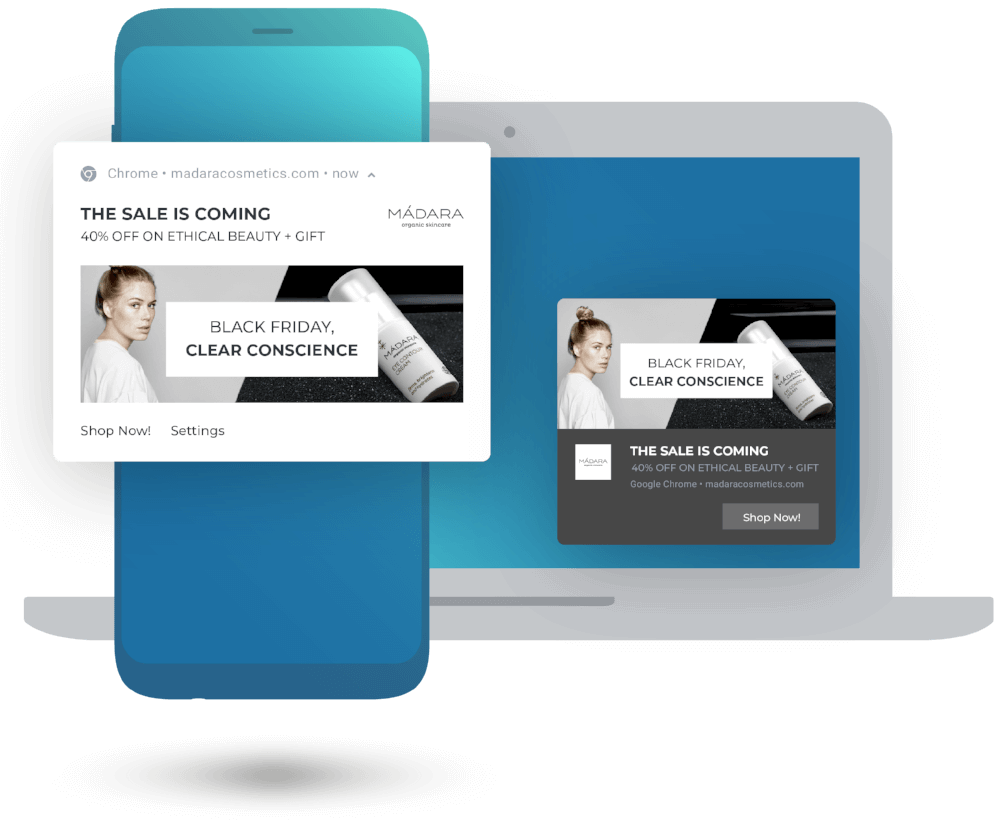
MaxTraffic is a marketing platform that includes features for customer profiling, exit intent, promotional overlays and analytics.
Features
- A/B testing
- Customisable CTAs
- Drip campaigns
- Lead capture
- Geotargeting
15. Sumo

Sumo is an email marketing tool for ecommerce businesses that offers multiple integrations including MailChimp, Shopify and Campaign Monitor.
Features
- A/B testing
- Subscriber management
- Templates
- Conversion tracking
- Campaign management
16. LeadBoxer
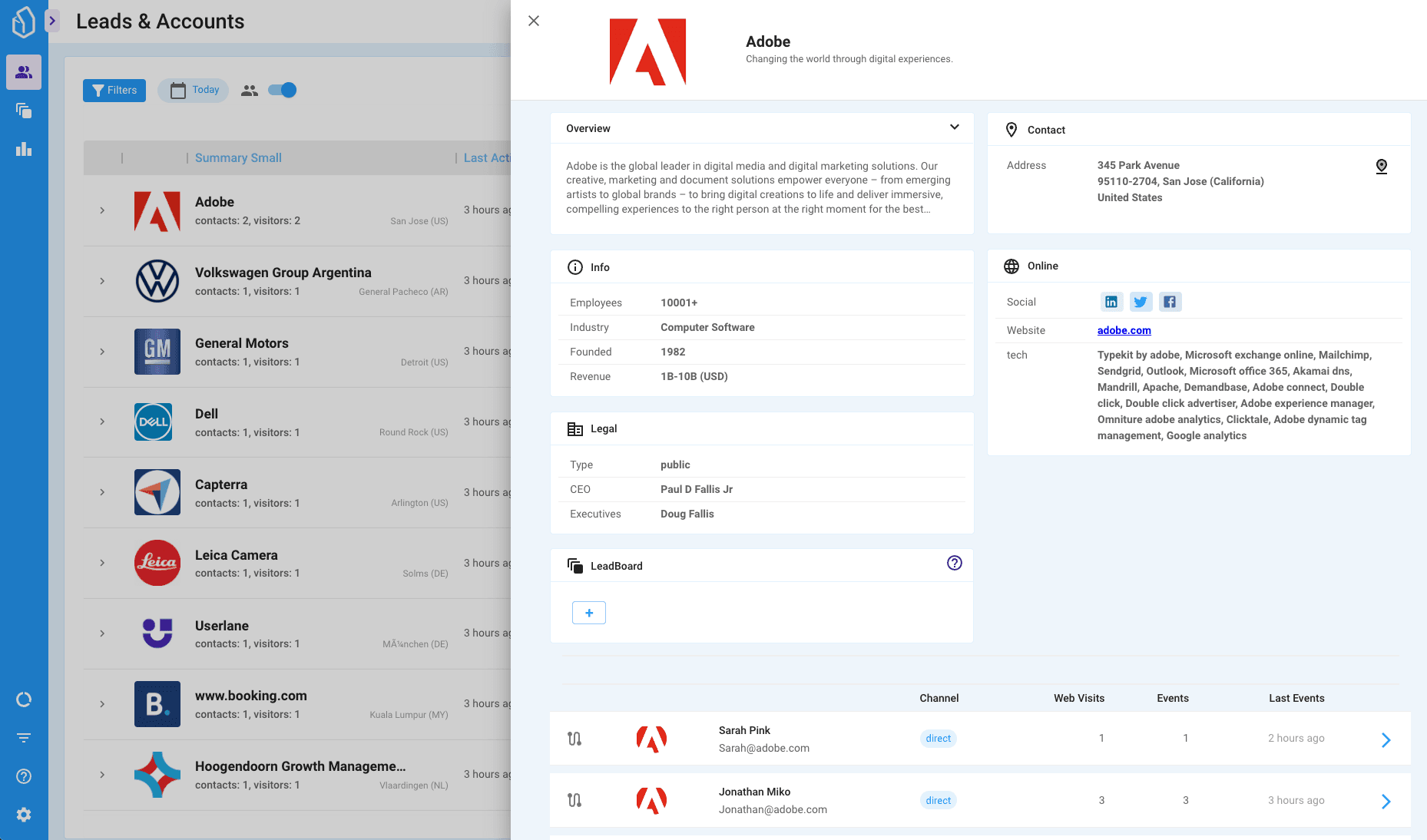
Designed for B2B companies with a prominent online presence, LeadBoxer is a lead generation tool offering features such as behavioural analytics and GDPR compliance.
Features
- Data integration
- Engagement tracking
- Customer profiles
- Campaign management
- Audience targeting
17. Extole
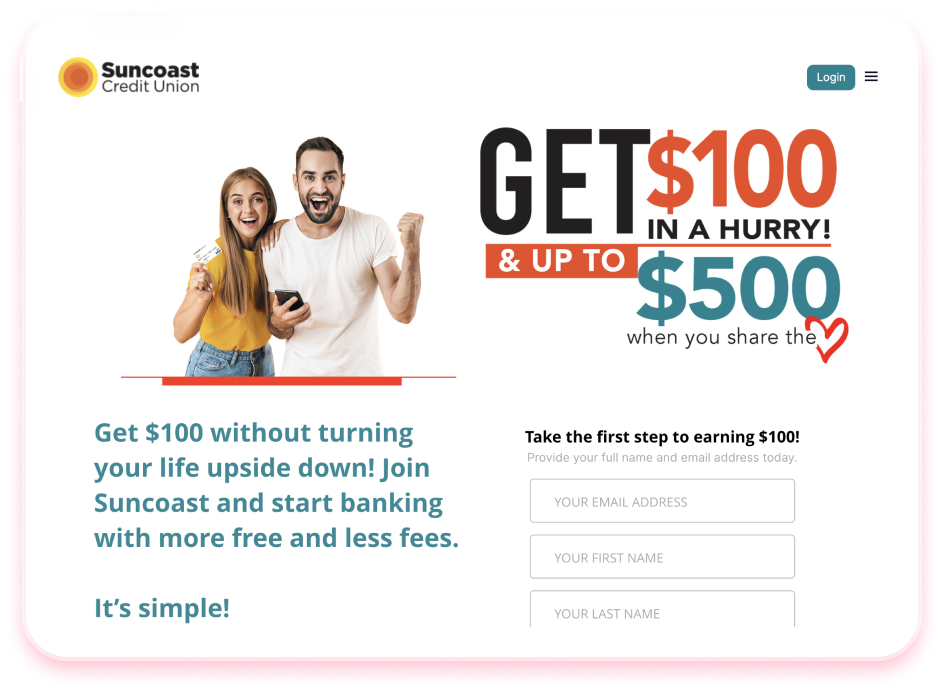
Extole is a referral software platform used by businesses for building engagement and advocacy amongst your existing customers.
Features
- Advocate management
- Gamification
- Lead engagement
- Analytics/ROI tracking
- Bonus management
- Multichannel marketing
18. Rollworks
Designed for information technology and service industry B2B companies, Rollworks is an accounts-based lead generation platform that offers audience segmentation and campaign personalisation tools.
Features
- Collaboration tools
- Engagement tracking
- Data extraction
- Contact management
- Lead qualification
19. RightHello

RightHello is a B2B lead generation tool for marketing agencies, software developers and tech startups.
Features
- Prospecting tools
- Lead capture
- Lead segmentation
- Campaign management
How to select the best lead generation programme?
Every business is unique, so you have to be selective about which software programmes you integrate into your daily workflow. Before committing the time and money to learning a new platform, create a lead generation plan by asking yourself the following questions.
- Are you primarily engaging in inbound or outbound lead generation?
- What are your current goals?
- Who is your target audience?
- Where are you currently finding most of your leads?
- How are you currently scoring your leads?
- Which channels are you getting the most engagement from?
- Which channels aren’t you using?
- Are you currently creating engagement content like blogs, videos and ebooks? If not, do you plan to in the future?
Lead generation system FAQs
Lead generation system FAQs
Try lead generation software for free
If you’re thinking that lead generation sounds like a smart investment, you’re right. But if you’re not ready to commit to one yet, consider enrolling in a free CRM trial with Zendesk Sell. This 14-day trial lets you to test drive their lead generation and engagement tool to see just how big of an impact they make.
During your 2-week trial, you’ll have access to Zendesk’s powerful sales engagement features and prospecting tools. With its easy-to-use interface, Zendesk Sell can be up and running in no time, helping you attract higher-quality leads into your pipeline.
Try out Zendesk Sell, for free, today.
We have more information about this. Have a look below.
Keep exploring the world of sales CRM and lead generation software.
